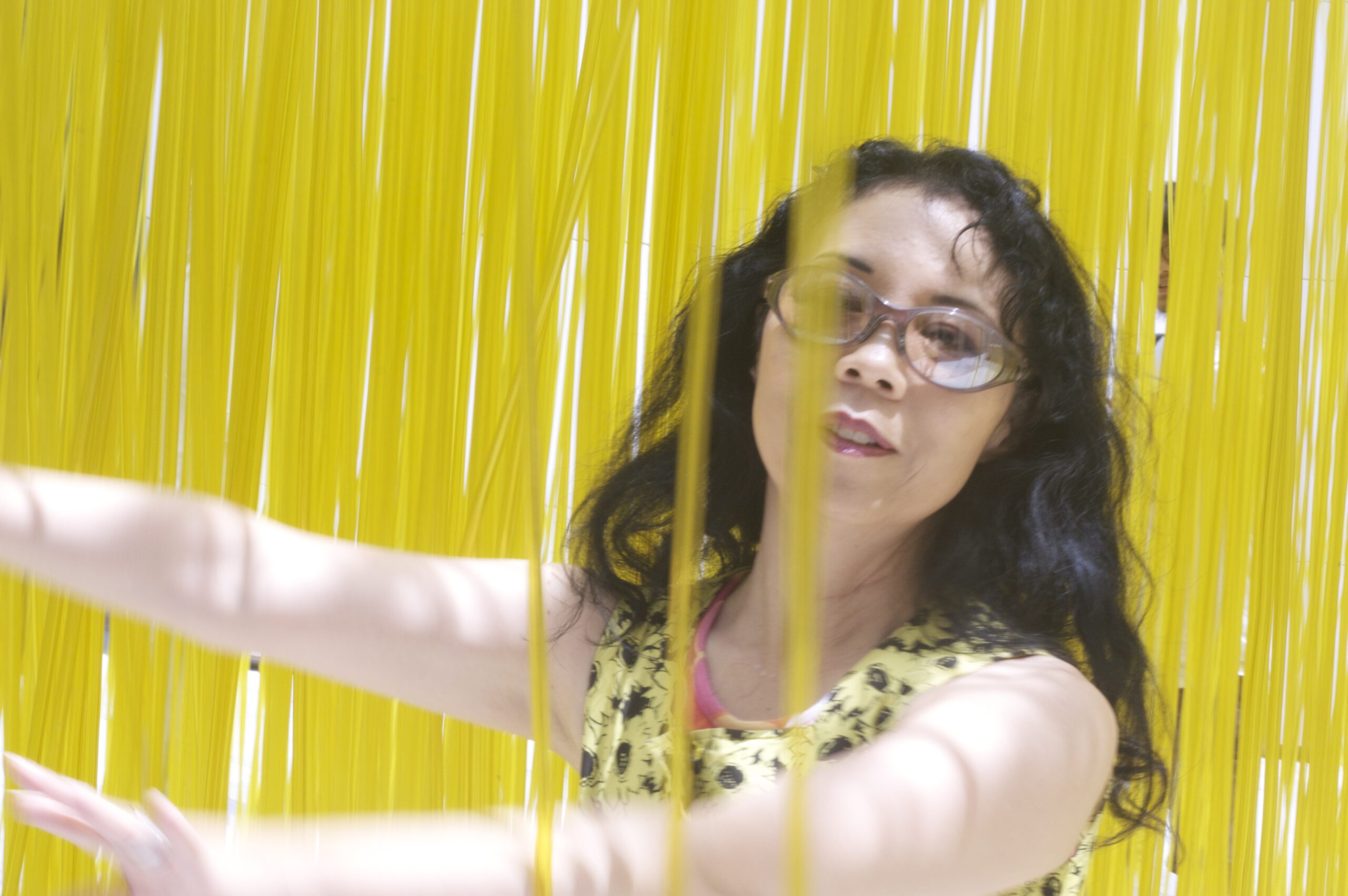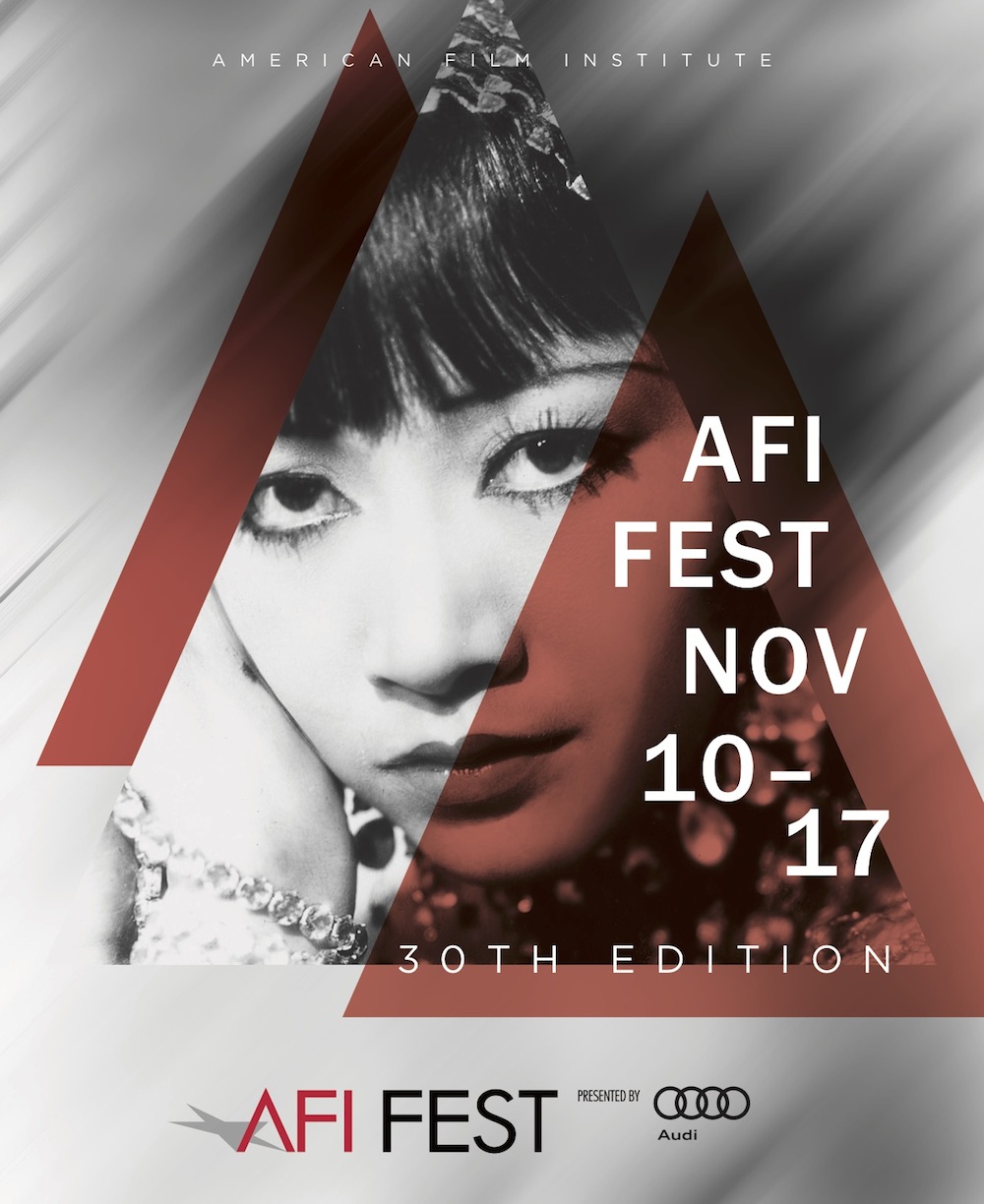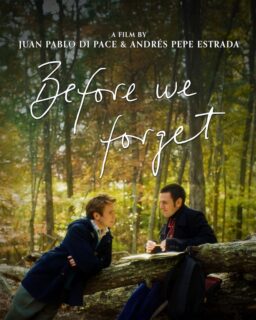This year the 30th AFI FEST honored a trio of female trailblazers: Dorothy Dandridge, Ida Lupino and Anna May Wong. Los Angeles-born Wong (1905-1961) is, in many ways, a tragic diva of the screen who reminds us that not much has changed.
Dandridge and Wong are two of the Four Ladies of Hollywood, silver-colored statues who hold up the Hollywood and La Brea Gateway gazebo at the western most extension of the Hollywood Walk of Fame. (The other two women are Mexican actress Dolores del Rio and Brooklyn-born Mae West. Marilyn Monroe is represented on the very top of the sculpture in her iconic “Seven Year Itch” pose.).
“Piccadilly” (1929) was screened on Saturday night in Wong’s honor. She was the first Asian-American actress to rise to international fame. “Piccadilly” is not a “Hollywood” movie, but a British production by British International Pictures. The movie was directed by German-born Ewald André Dupont with an original screenplay by Arnold Bennett.
Piccadilly is the name of a road (in the City of Westminster, London) and Piccadilly Circus is a road juncture and public space in London’s famous West End. It connects Regent Street with Piccadilly and Piccadilly Circus is now also the name of a subway station.
In the movie, the Piccadilly Circus is the name of a London nightclub and restaurant owned by Valentine Wilmot. The star attraction is Mabel (Gilda Gray) and Vic (Cyril Ritchard), dancing partners.
When a patron loudly complains about a dirty plate during Mabel’s solo, Wilmot (Jameson Thomas) discovers the all-female dishwashers have been distracted by Sho Sho (Wong) dancing in the back rooms. He fires her, but soon faces other problems.
Vic has decided to try Hollywood but Mabel refuses to go with him. She’s involved with Wilmot. Wilmot finds that Mabel alone won’t bring in the customers. In a fit of inspiration, he hires Sho Sho, saying, “I’m trying Sho Sho in a real Chinese dance.”
Sho Sho insists on two things: That Wilmot buy a costume in what is supposed to be London’s Chinatown at the Limehouse restaurant and that Wilmot hire her boyfriend Jimmy (King Ho Chang) to play the music for her dance.
Going to the Limehouse, Wilmot encounters the problems of this immigrant culture: gambling and opium addiction. The restaurant owner has a Chinese costume but it’s pricey. Wilmot attempts to barter for the costume. He wants to pay £40 and “not a penny more” but the Chinese vendor insists on £80. In 1929, £40 would be like £2,268 pounds in 2016 ($2843) and £80 pounds would be like £4,536 pounds in 2016 ($5686). Sho Sho clearly has ambitions and wants more than she should and is taking advantage of the helpless Wilmont.
Like many of the Piccadilly male audience members, Wilmont is attracted to Sho Sho after her provocative dance. He takes her out to a different type of Piccadilly club, a speakeasy, telling her, “This is our Piccadilly.” Yet when a black man starts dancing with a white girl, it becomes clear that race is an issue. The club owner tells the black man, “You know that’s not allowed in my place, dancing with a white girl.” He asks the white woman, “Are you blind or what?” Sho Sho and Wilmot leave, but she invites him up to her new flat. What decent girl would do that? After Wilmot leaves, Mabel, who has followed the pair, confronts Sho Sho. Sho Sho is murdered and Mabel goes on trial.

“Piccadilly” was both a triumph for Wong and a harbinger of the coming disappointments for the stylish but a doomed diva. As there was no happy ending for Sho Sho, there was no happy ending for Wong. She had turned to Europe in order to escape the small and stereotyped roles she was relegated to in Hollywood, yet in “Piccadilly,” she is a taloned-temptress, leading a white man astray—a dragon lady. The movie exposes that Wong is more American than Chinese. Her Chinese calligraphy is awkward and she was, after all, third-generation American. When Sho Sho has supposedly signed her name to a note, it’s Wong signing her Chinese name (黃柳霜).
The movie is a relic of Orientalism in the movies. Sho Sho’s costume is not Chinese although you might be reminded of a more modern Chinese dance as seen in “Samsara” (“The 1000 Hands” dance). The dance doesn’t seem particularly Chinese. The East Asian man, Jimmy, is not seen as sexy or good and Sho Sho forces him to dress up in the costume she wants Wilmont to buy.
Wong’s biggest disappointment had yet to come. When Hollywood’s MGM decided to make Pearl Buck’s 1931 novel, “The Good Earth” into a movie, Wong would not be considered for the lead role of O-Lan. U.S. Hayes Code anti-miscegenation clauses dictated that only a white actress could play the role since the star who played O-Lan’s husband was white (Paul Muni). Wong was offered the role of the villainess, Lotus, the prostitute and dancer who becomes a mistress of the protagonist Wang Lung and eventually, his second wife.
In the end, the central cast all could pass for white. Paul Muni (Wang Lung) was Jewish. German Jewish actress Luise Rainer was cast as O-Lan and won an Oscar for Best Actress. Austrian-born Jewish actress Tilly Losch played Lotus. Chinese-born American actor Keye Luke did get to play the eldest son and he would go on to play Charlie Chan’s Number One son to white actor as his father and then Master Po to David Carradine’s Kwai Chang Caine in the TV series “Kung Fu.”
Wong was going to be in the predominately ethnic Asian cast of the 1961 “Flower Drum Song,” as Madame Liang, but was too ill, dying in February of that year, before the movie was released. Black actress Juanita Hall would play Liang instead. Wong is mostly remembered for portraying the stereotypes of East Asian woman: the dangerous dragon lady or the submissive geisha girl.
“Flower Drum Song” would have seemed like a hopeful sign for Asian and ethnic Asian actors. Then the anti-miscegenation laws were appealed with the 1967 decision of Loving v. Virginia; California had already appealed them with the 1948 Perez v. Sharp. The Hayes Code was challenged and then abandoned by the late 1960s. Yet the yellowface and whitewashing continued despite the depth of Asian talent both in the U.S. and abroad. “Flower Drum Song” would be followed by the 1993 “The Joy Luck Club” and then Ang Lee’s 2000 “Crouching Tiger, Hidden Dragon” and the 2012 “Life of Pi.” In between there would be plenty of yellowface from Fu Manchu to Emperor Ming to Charlie Chan to Kwai Chang Caine to to “Cloud Atlas.” And there would be more exotica as with the 2005 “Memoirs of a Geisha” where the cast was East Asian, but the dance was pure Hollywood.
This is 2016, as New York Times deputy Metro editor Michael Luo famously noted. But the whitewashing and yellowface that cursed Wong and confined her talent into minor and stereotypical roles continues. There are plenty of talented actors of Asian descent who didn’t getting a chance to play Khan Noonien Singh in “Star Trek,” the Ancient One in “Doctor Strange,” most of the characters in “The Last Airbender” and the lead in the upcoming “Ghost in the Shell.” While things are better on TV with “Fresh Off the Boat” and more ethnic Asians and Pacific Islanders are included as cast members, don’t forget that although Hawaii has the highest percentage of ethnic Asian Pacific Islanders (41.6 percent ethnic Asian and 9.4 percent Pacific Islander, but only 24.3 percent white), the reboot of “Hawaii-Five-O” on CBS has two white men (haole) as the main characters (Alex O'Loughlin as Steve McGarrett and Scott Kaan as Danno Williams).
Despite the racism she faced and her role as exotica in “Piccadilly,” Wong has a powerfully luminous presence on the screen. Wouldn’t she have been more convincing than Rainer as a Chinese woman? “Piccadilly” serves as a reminder of the past and a measure of the progress made in the portrayal of Asians by ethnic Asians.
“Piccadilly” is available to stream online at Fandor along with two other movies that feature Wong: “The Thief of Baghdad” (1924) where she plays a Mongolian slave girl and “Impact” (1949).












